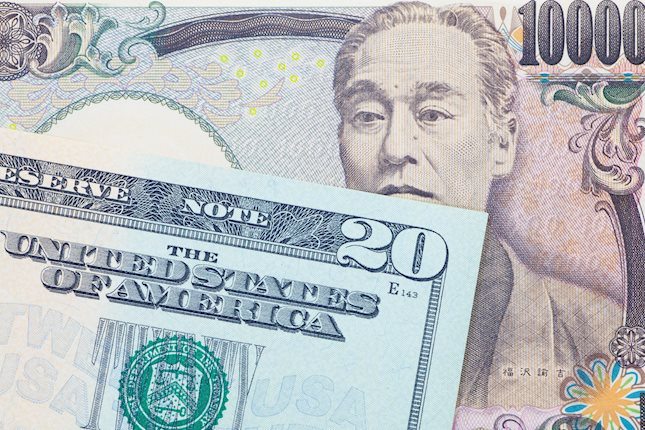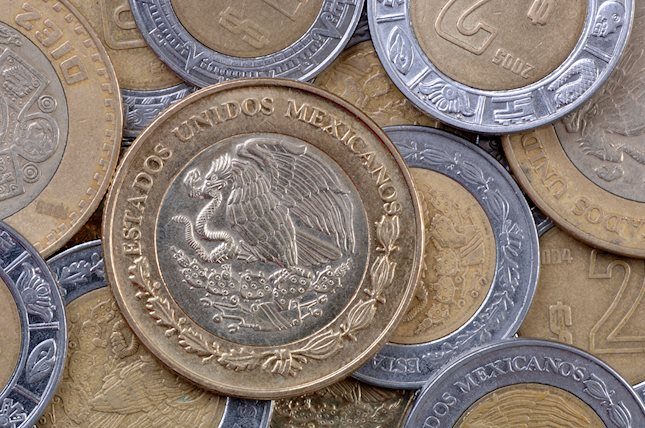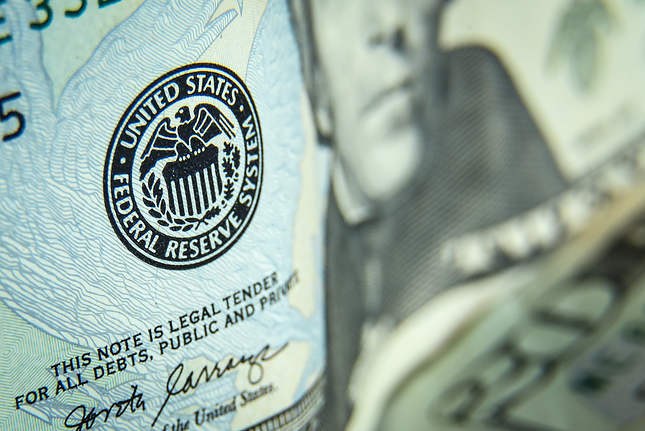Japan’s Suzuki: Government ready to respond appropriately to excessive FX moves
Japanese Finance Minister Shunichi Suzuki offered some verbal intervention on Tuesday. Suzuki said that the Japanese government is ready to respond appropriately to excessive foreign exchange (FX) moves, adding that he will closely watch FX moves with a high sense of urgency.
Key quotes
“Won't comment on current FX moves.”
“Government ready to respond appropriately to excessive FX moves.”
“Closely watching FX moves with a high sense of urgency.”
“Won't rule out any option, will deal appropriately with excessive FX moves.”
“Closely communicated with the US and South Korea in FX when he was in Washington.”
“Reconfirmed commitment that excessive FX moves are undesirable.”"Japan's concern was shared at meeting with South Korea."
"The trilateral meeting included the US."
"Won't deny that last week's discussions in Washington have laid groundwork for Japan to take appropriate FX action."
"China likely to attend in next week's Asian Development Bank (ADB) meeting, so must deepen discussions on China and regional economic developments."
"Problems China's economy face is very important in looking at Asia's economic outlook."
"Important for FX moves to reflect fundamentals."
Market reaction
At the time of writing, USD/JPY is trading 0.06% lower on the day to trade at 154.75.
Japanese Yen FAQs
The Japanese Yen (JPY) is one of the world’s most traded currencies. Its value is broadly determined by the performance of the Japanese economy, but more specifically by the Bank of Japan’s policy, the differential between Japanese and US bond yields, or risk sentiment among traders, among other factors.
One of the Bank of Japan’s mandates is currency control, so its moves are key for the Yen. The BoJ has directly intervened in currency markets sometimes, generally to lower the value of the Yen, although it refrains from doing it often due to political concerns of its main trading partners. The current BoJ ultra-loose monetary policy, based on massive stimulus to the economy, has caused the Yen to depreciate against its main currency peers. This process has exacerbated more recently due to an increasing policy divergence between the Bank of Japan and other main central banks, which have opted to increase interest rates sharply to fight decades-high levels of inflation.
The BoJ’s stance of sticking to ultra-loose monetary policy has led to a widening policy divergence with other central banks, particularly with the US Federal Reserve. This supports a widening of the differential between the 10-year US and Japanese bonds, which favors the US Dollar against the Japanese Yen.
The Japanese Yen is often seen as a safe-haven investment. This means that in times of market stress, investors are more likely to put their money in the Japanese currency due to its supposed reliability and stability. Turbulent times are likely to strengthen the Yen’s value against other currencies seen as more risky to invest in.
Forex News
Keep up with the financial markets, know what's happening and what is affecting the markets with our latest market updates. Analyze market movers, trends and build your trading strategies accordingly.



















